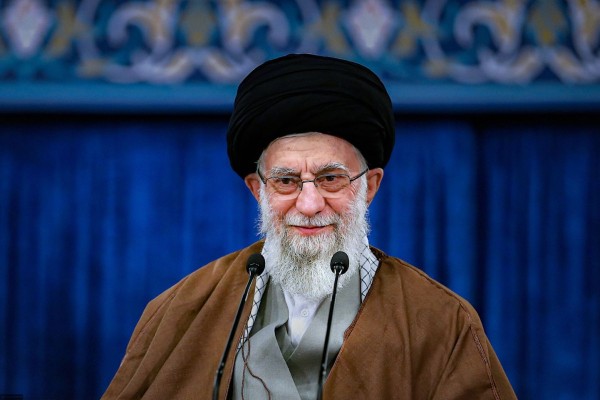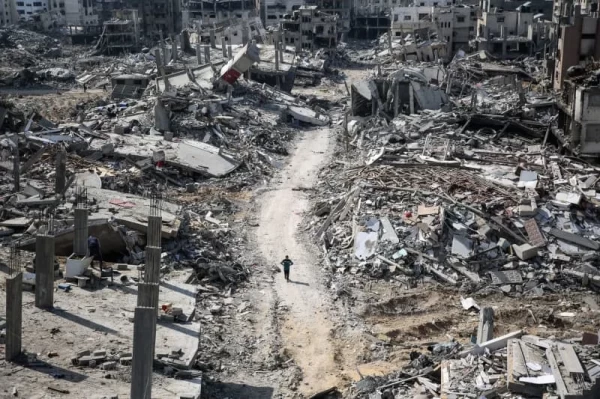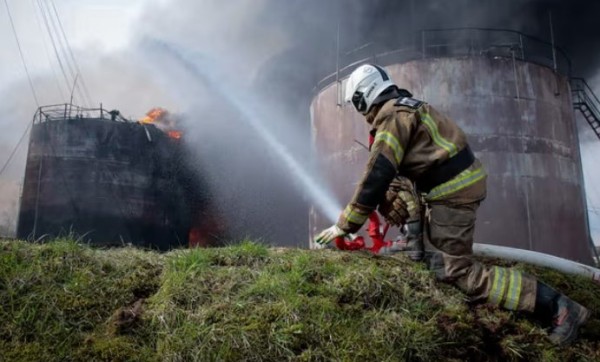The Baltic States’ energy security policies have traditionally needed to tread carefully around Russia’s strategic calculations. However, according to the Atlantic Council’s Matthew Bryza, by implementing EU energy reforms they will now be able to safeguard their supplies from further political blackmail.
Matthew Bryza for Atlantic Council of the United States
For the first time in modern history, the Baltic states can rely on their own actions to attain energy security. By implementing the European Union’s reforms aimed at creating a unified European energy market, the political leaders of Lithuania, Estonia and Latvia are enabling their countries to secure supplies of oil, natural gas, and electricity at prices determined by market forces rather than by monopolists with divergent commercial and geopolitical interests.
All three Baltic states enjoy reliable supplies of oil, though this was not always the case. Immediately after the fall of the USSR, Latvia became one of the world’s leading oil exporting countries from which significant volumes of Russian and Kazakhstani crude were exported to European markets. Significant volumes of oil exports continue to flow via Latvia’s port of Ventspils and via Estonia’s port of Muuga in Tallinn. Lithuania, however, faced greater difficulty. It relied on the Mazeikiai Refinery, the Baltic region’s only refinery and largest industrial concern, for oil products critical to its economy and for export (via the sea terminal at Butinge). The refinery depended entirely on Russian crude oil supplied by the Druzhba Pipeline.
Continue reading here:
http://www.isn.ethz.ch/isn/Sec...
Baltic Energy Security: Today's Historic Opportunity
Arvamus
TRENDING
























